

Developed by Ryan Gosling and other team members of Sun Microsystems in 1995, Java is an object-oriented programming language that is free to use and runs on any platform. It’s second only to Python in terms of popularity, and similar to C++ but with features that are advanced, yet simplified. In short, its a platform for developing computer applications.
Whether you are just looking to get a fundamental overview of Java, or you want to learn some skills that will help you in your career, learning Java is relatively easy, and there are several educational resources available to get you started.
Featured Programs
- Java Programming and Software Engineering Fundamentals Specialization
- Learn to Program in Java
- Object-Oriented Programming
Disclaimer: Some courses may include an affiliate link. Courses were chosen first based on the methodology with affiliate links only added after the ranking was complete.
If you came to this page by way of a Google search for the best free online courses for learning Java, you may have noticed you can find them in abundance. The trick is in scouting out the best Java courses available so you don’t waste your time. That’s where Online Course Report comes in.
Using a methodology we developed to uncover the best no-cost online educational resources, we’ve curated a list of Java courses where you can learn the programming language free of charge. We’ve ranked them in descending order, with the most robust choices at the top, but each is worth a look. Let’s get started.
Ranking 10 Free Online Courses for Java
1. Java Programming and Software Engineering Fundamentals Specialization

Offered by Duke University via Coursera
We’ve put this option from Duke University right at the top of the list because it’s the most thorough and comprehensive course offering we’ve reviewed. Its a specialization consisting of five separate courses, designed to give students a solid foundation in Java programming:
Programming Foundations with JavaScript, HTML, and CSS
Java Programming: Solving Problems with Software
Java Programming: Arrays, Lists, and Structured Data
Java Programming: Principles of Software Design
Java Programming: Build a Recommendation System
If you work at it for four hours a week, you can complete it in about five months. However, you are not limited by the suggested times on Coursera and you can certainly finish up sooner if you are so inclined.
To take the courses for free, you will need to sign up for each one separately, apart from the specialization. This will allow you to view and read all of the course materials in audit mode at no cost. If you want to take the final exam or obtain a certificate of completion, you’ll have to spring for an upgrade. However, if you can’t afford it, there’s good news; financial aid may be available.
Cost: Free
Certificate: Yes, with a fee
Time to Complete: Five months
Curriculum: Introductory
User Experience: Excellent
Quality of Instruction: Excellent
Pros:
•Start anytime and go at your own pace
•62 percent of students who completed the specialization embarked on a new career
•Offered through a leading university
Cons:
•Certification requires a fee
2. Learn Java
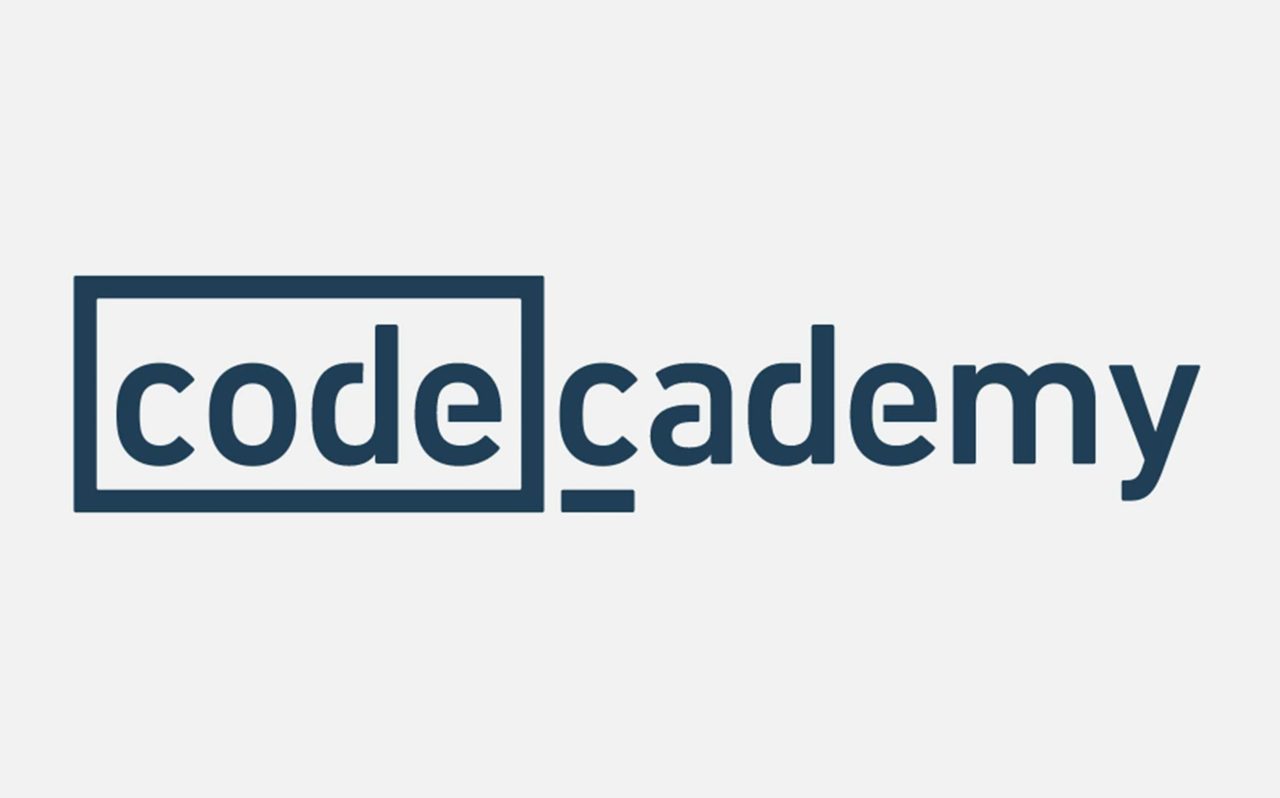
Offered by Codecademy
The founders at Codecademy have a strong conviction that the modern educational system is flawed, and they are on a mission. Not to fix it, but to rebuild it. They describe the Codecademy platform as having “the first truly net native education” and it’s the first place you should check out if you want to learn a coding language, especially Java.
You can sign up for the Learn Java course in seconds and start learning code immediately, as in right now. The free online Java course is interactive and takes 25 hours to complete. It covers all the basics and touches on advanced topics as you progress.
You will explore all of the basic programming concepts, including OOP (object-oriented programming) using Java, and then build seven real-life projects to test your skills. The course is free at the basic level, or you can upgrade for additional perks, like a certificate of completion.
Cost: Free
Certificate: Yes, with a Pro upgrade
Time to Complete: 25 hours
Curriculum: Introductory
User Experience: Excellent
Quality of Instruction: Excellent
Pros:
•Start anytime from any browser
•Ideal for learning all the basics
•Excellent for hands-on learners
Cons:
•Certification requires a paid upgrade
3. Learn to Program in Java
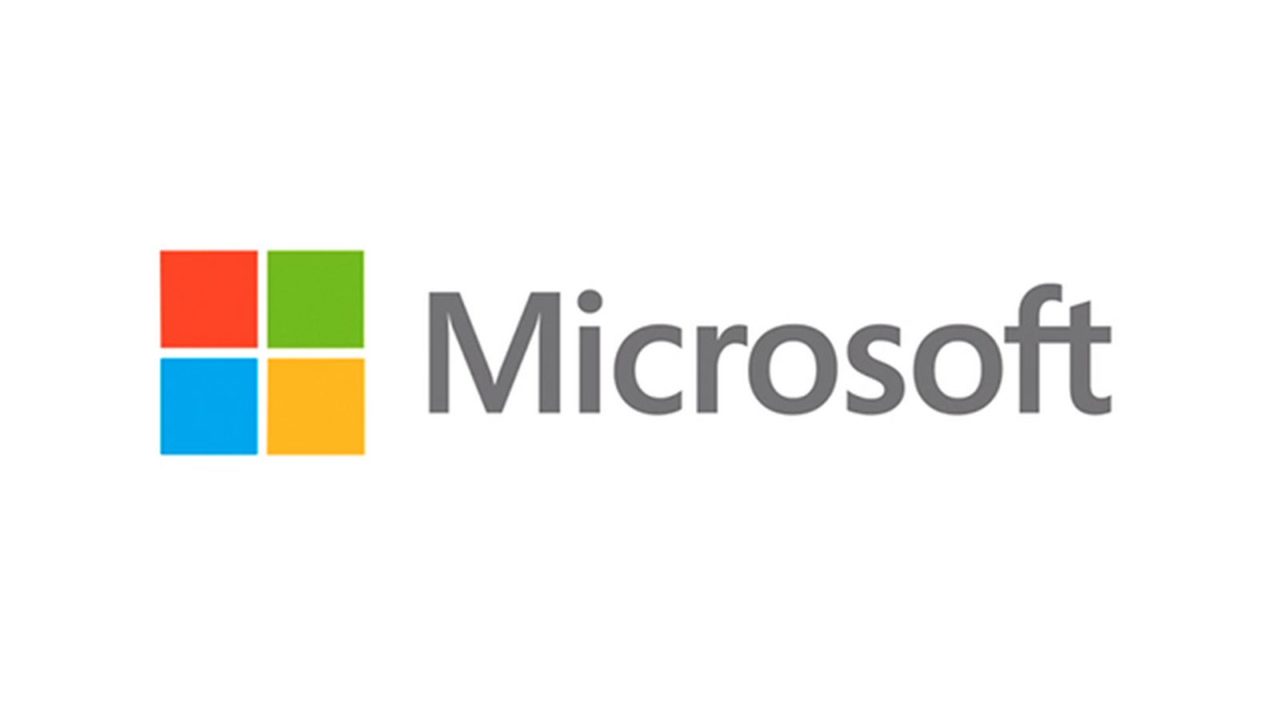
Offered by Microsoft via edX
EdX is a popular learning platform for mastering just about any skill you can imagine, all at no cost. The site was established in 2012 and features hundreds of courses sponsored by major institutions and enterprises, including Google, MIT, Harvard, and over 100 others.
Learn to Program with Java is offered by Microsoft and is designed to be completed in four weeks by working six to ten hours a week. There’s lots of hands-on Java coding in this course, and you’ll learn all about loops, methods, logic, parameters, variables, recursion, and returns as you write your first code. Lessons for this free Java course online include:
• Basic Java commands and APIs using industry tools
• Foundational data organization and manipulation
• Code control structures, such as loops and if/else statements
• How to structure code using methods, parameters, and returns
It’s completely free in audit mode, although those who would like a certificate of completion can opt to pay for an upgrade for $99.
Cost: Free
Certificate: Yes, with a fee
Time to Complete: Four weeks
Curriculum: Introductory
User Experience: Excellent
Quality of Instruction: Excellent
Pros:
•Sponsored by Microsoft
•Easy-to-use platform
•Comprehensive and relevant
Cons:
•Students wishing to obtain a verified certificate will need to opt for an upgrade
4. Java Tutorial for Complete Beginners

Offered by Udemy
If you are just starting out in the world of programming, this free Java tutorial is for you. Featuring over 16 hours of on-demand video instruction, it’s designed for total beginners. As long as you are computer literate, know how to download and unzip files, and can navigate the internet, this free course will teach you everything you know to get started with Java.
There are nine modules and 74 lectures in this self-paced offering, which has been highly rated by over 87,000 former students. Fun fact: Over 1.5 million people have enrolled in the course. It was developed and is taught by UK software development trainer John Purcell, the author of 14 other successful courses on Udemy.
Udemy is a terrific platform for learning many new skills, and they offer both free and paid classes. Additional features like instructor direct messaging and a certificate of completion can be unlocked if you opt for the paid version. However, if you don’t need these extras, the class is a superb freebie.
Cost: Free
Certificate: Yes, with a paid upgrade
Time to Complete: 16+ hours
Curriculum: Introductory
User Experience: Excellent
Quality of Instruction: Excellent
Pros:
•Top-rated instructor
•Excellent user experience
•Go at your own pace
Cons:
•Certification only available at the paid level
5. Learn Android 4.0 Programming in Java

Offered by Udemy
If you understand the basic Java constructs like what you (hopefully) learned in Purcell’s other course on this list, it may be time to advance your skills by learning how to create some Android apps. There are seven modules in all, with 96 on-demand lectures that will teach you the nuts and bolts of Android programming.
You will also learn about using 3rd party APIs, creating action bars, layout techniques, games and animation, map applications, and much more.
The free online course in Java is highly rated by over 3000 happy students.
Cost: Free
Certificate: No
Time to Complete: 15 hours and 21 minutes
Curriculum: Intermediate
User Experience: Excellent
Quality of Instruction: Excellent
Pros:
•Created and taught by industry pro, John Purcell
•Terrific user experience
•Ideal for those who want to have some fun creating android apps
Cons:
• None
6. Migrating Beyond Java 8

Offered by LinkedIn Learning
This newly released advanced Java course is perfect for students who have mastered all the basics. It deals with planning ahead for the newest releases of Java and migrating your Java 8 applications to the latest versions as they are introduced.
You’ll want to have a significant amount of Java training before you try to tackle it. However, taking this course could position you as an expert on the subject, particularly because it’s offered on LinkedIn and comes with certification. The certification can add some clout to your profile and potentially catch the eye of someone in need of your services.
It takes a little over two hours to complete this free online course in Java, and topics covered include:
• Understanding the release cadence of Java
• Choosing a JDK provider
• New Java language and API features
• Building a migration strategy
• Configuring build tools
• Continuous integration
• Migration techniques and tools
• Resolving migration issues
All courses on LinkedIn Learning are free to users who already have a premium account on the social platform. To take this course for free as a non-member, take advantage of the one-month trial. Just be sure to cancel before the month is up to avoid any charges.
Cost: Free Try a free trial for Linkedin Learning.
Certificate: No
Time to Complete: Two hours, 13 minutes
Curriculum: Advanced
User Experience: Excellent
Quality of Instruction: Excellent
Pros:
•Short and sweet
•Go at your own pace
•Earn a bade to display on your profile
Cons:
•You will need to cancel the free trial to avoid charges if you do not have a LinkedIn premium account.
7. Object-Oriented Programming in Java
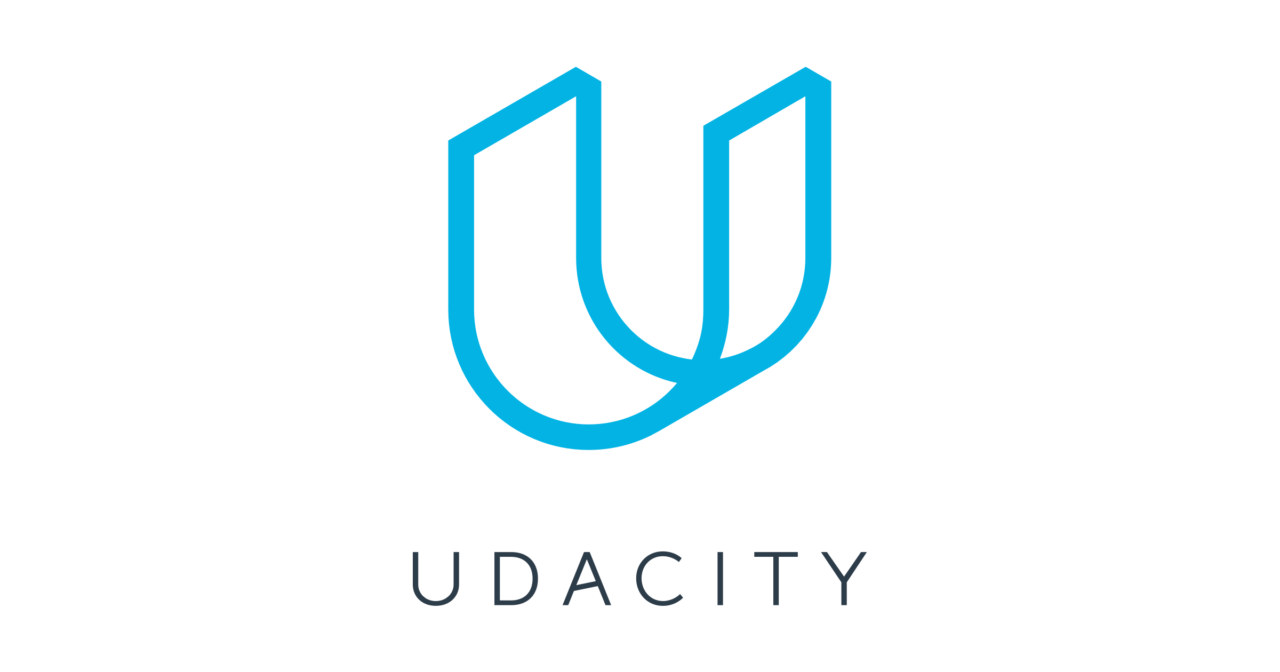
Offered by Udacity
This free online Java course for programmers is part of a nanodegree program on the Udacity platform called Android Developer by Google. It’s taught by expert instructors Asser Samak and James Williams and is designed to introduce participants to powerful programming concepts in Java, including inheritance, objects, and collections.
Throughout the course, you will learn the best practices for mobile development as you build a portfolio. You will even publish your own app to Google Play. It takes about four weeks to complete and is self-paced. You will need to have an IDE (Integrated Development Environment) installed on your machine that supports programming in Java. If you don’t know how you can take the free Java Programming Basics course first.
Cost: Free
Certificate: No
Time to Complete: Four weeks
Curriculum: Intermediate
User Experience: Excellent
Quality of Instruction: Excellent
Pros:
• Hands-on introduction to building Android apps with Java
• Part of a nano-degree program
• Video tutorials and interactive quizzes to test your progress
Cons:
• Certification not offered
8. Learn Java
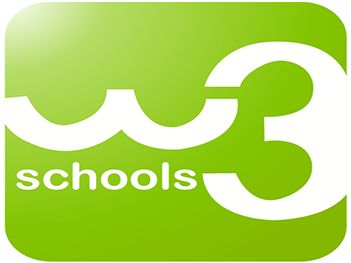
Offered by W3Schools
No matter what aspect of Java you want to learn about, W3Schools probably has a tutorial for it. Billing itself as the world’s largest web developer site, you can access step-by-step tutorials for every topic related to Java, including syntax, variables, operators, strings, math, loops, arrays, comments, type-casting, booleans…you get the picture.
Although the interface is a bit bland, it will do the trick without annoying ads or distractions, and there are no signups or hoops to jump through. Jump in any place you need to and start learning Java right away. If you want to get certified in a particular competency, W3Schools has that too, for a fee. There’s also an extensive reference library, quizzes, and exercises you can complete to help you hone your new skills.
Cost: Free
Certificate: Yes
Time to Complete: Many, many hours
Curriculum: Introductory to Intermediate
User Experience: Excellent
Quality of Instruction: Excellent
Pros:
•Plenty of topics to choose from
•Industry-recognized and up-to-date training
•Organized and self-paced
Cons:
•User experience is a bit dull
9. Introduction to Java Programming
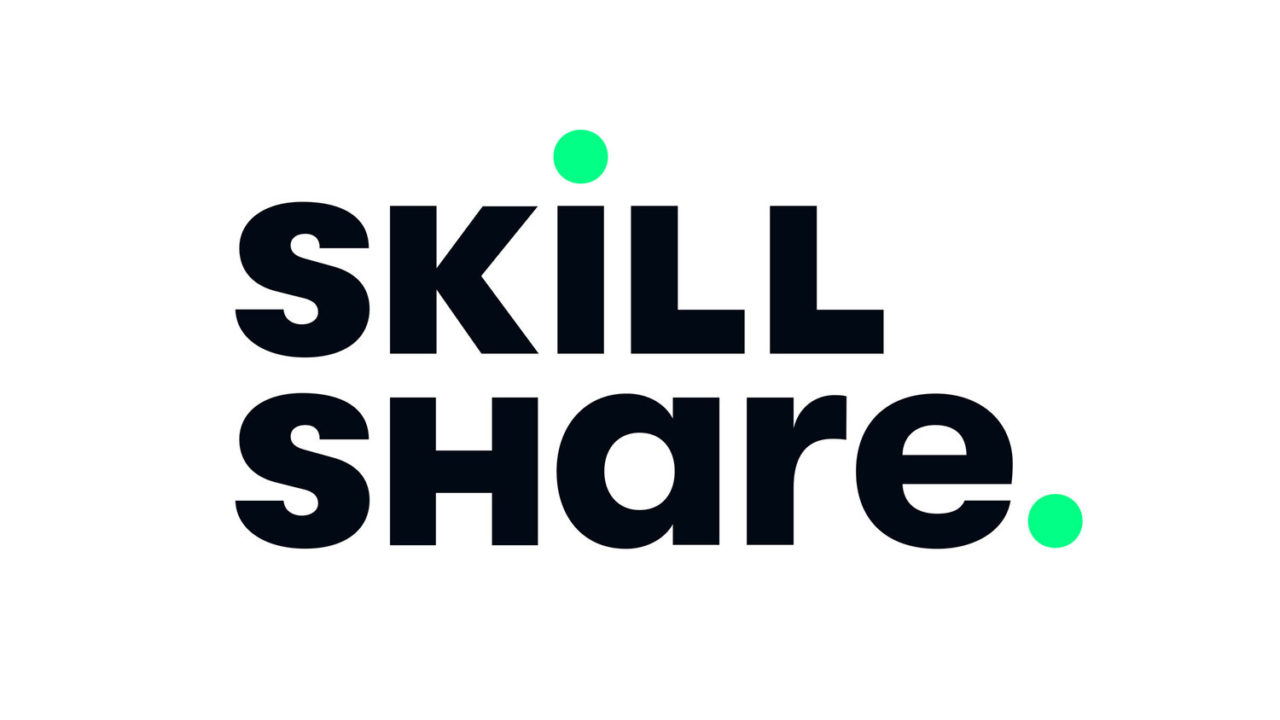
Offered by SkillShare
The creator of this terrific introductory Java course wanted to create a pragmatic course focused on real-world applications, and as a Java developer himself, he offers an excellent perspective where he has done just that. The course is offered on SkillShare and takes just over three hours to complete, so you can devote an afternoon to it and acquire a basic foundation in Java quickly.
There are 20 short lessons in all for this free online Java course, covering all the installation and setup you will need to get started writing your first Java program. A set of zip files contains the complete source code for each lesson, and you can also download the slides presented in the videos for a quick resource to refer back to.
If you don’t have much time but you want to get started with learning Java, this is the perfect short course for you.
Cost: Free
Certificate: No
Time to Complete: Three hours
Curriculum: Introductory
User Experience: Good
Quality of Instruction: Excellent
Pros:
•Smooth interface
•Engaging instructor
•Short enough to be completed in an afternoon
Cons:
•Certification is not offered
10. Java Tutorial for Beginners

Offered by Guru 99
Let’s face it. Not everyone learns the same way. While many students enjoy interactive platforms and on-demand videos, there is a select group out there who learns best by reading. If this sounds like you, this collection of totally free Java tutorials on Guru 99 will suit you well.
The team at Guru 99 has put a lot of effort into providing instruction that is thorough yet easy to understand. The tutorials are intended to be taken at your own pace and designed for those with little or even no Java experience. You can jump in anywhere you want and start immediately with no sign-up necessary. There are well over 50 lessons on the site, including:
• Java Virtual Machine (JVM) & its Architecture
• How to Create an Array of Objects in Java
• How to easily Convert String to Integer in JAVA
• Java Switch-Case Statement with Example
• 20 Best Java Tools for Developers
• Command Line Arguments in Java with Example
• Java Stack and Heap: Java Memory Allocation Tutorial
• Polymorphism in Java OOPs with Example
Another cool resource that goes along with the tutorials is the chance to participate in a five-day free online coding project in real-time.
Cost: Free
Certificate: No
Time to Complete: Varies
Curriculum: Introductory to intermediate
User Experience: Good
Quality of Instruction: Good
Pros:
•Ideal for those who learn by reading
•An excellent resource to refer back to again and again
•Great for interviews and exam preparation
Cons:
•No certification offered
Frequently Asked Questions About Free Java Courses

Choosing the right Java course for you will be a matter of your current experience level and your preferred style of learning. That’s why you may have noticed we’ve provided various options for those who learn best by listening, observing, reading, or practicing their skills hands-on.
In this section, we will answer some of the most frequently asked questions about learning Java online.
Why Should I Learn Java?
Although Java was developed back in the 90s, its still one of the most widely adopted programming languages in the world at the time of this writing. If you’re reading this article, a better question might be, “Why shouldn’t I learn Java”? Although newer technologies exist, once you learn it, mastering other languages will be a simple matter. But beyond that, there are some other compelling reasons to tackle Java:
• Although the rise of machine learning has made Python extremely popular, Java is still used in this area, too.
• It’s the top language for developing Android apps, and even though Kotlin is a close second, it likely won’t be replacing it.
• It can help you become a well-rounded programmer and developer
• Since all of the early bugs have been ironed out, it offers excellent performance
• Oracle releases a new version with updated features every six months, which means it will continue to adapt to the changing times
• Java lets you do just about anything in the computing world. Google, Amazon, and Microsft all support Java in app development
• It’s widely used in the Internet of Things (IoT) which is set to grow by leaps and bounds as 5G is deployed all over the globe
• You will find an abundance of resources available to you within Java’s strong community of users
If these facts alone aren’t convincing, consider this: Reportedly, over 9000 companies use Java in their tech stacks, including Netflix, Amazon, Pinterest, Spotify, Airbnb, Uber, Instagram, Slack, and Google. Nearly 50,000 developers report using it as well.
Because Java is so widely used in enterprise, those who are looking for a career that will provide them with an above-average standard of living should have no problem finding a good job at any number of organizations. The average salary for an entry-level java developer is $77,621 yearly, and those with more experience can expect to command annual earnings of over $100,000.
Is it Hard to Learn Java?
Like all coding, Java can be challenging to learn, so it’s not something you can force yourself to do, especially if you aren’t all that interested. While you will come across some concepts that are easy to grasp, you will also encounter many that are complex and abstract. Plus it changes regularly, so you will need to bring yourself up to speed with each new update as they are unveiled. Of course, as it is with most hard subjects,
Who Should Learn Java?
For students who are a quick-thinkers who thrive on problem-solving, learning Java might be ideal. You should be able to perform multiple tasks at once without getting flustered and have enough patience and tenacity to see a project through to the end. If you like a challenge and don’t mind failing a few times before you get it right, you might be an excellent candidate to learn Java. However, You will also want to have a keen interest in technology in general, as a career in Java will be unappealing without a love for your craft.
What Careers Can I Pursue by Mastering Java?
Those who become proficient in Java are looking at bright career prospects down the road. In nearly all IT roles, you will be expected to be familiar with it, and developing this competency to its fullest can lead to positions like:
• IT Manager
• Architect
• Big Data Developer
• Android Developer
• Back-End Developer
• Embedded Devices Developer
• Junior Programmer
• Senior Programmer
Who Can Take Free Online Courses in Java?
The courses listed in our review are available for anyone who wants to participate, without restriction. However, if you want to complete them successfully, you should have some prior computer and internet skills and an interest in coding and technology.
How Long Do The Courses Take?
Our lists of the best free online courses are comprised of offerings that take as little as two hours to several weeks or months. Typically, they are self-paced, which means you can fit them into your schedule as you see fit. Many of them also have flexible deadlines, so you can complete them in a time frame that is reasonable for you.
Are Free Java Courses Worth It?
Free Java courses are definitely worth it, and many provide the same solid information you would receive if you participated in a paid course. They can be especially helpful for those who just want to get their feet wet or who are trying to decide if a full-time career as a Java developer will be right for them. They are also great for participants who are trying to build upon a current skill set, get a promotion, or embark on a new career path.
Related:
- 10 Free Great Online Courses for C++
- 10 Free Great Online Courses for Web Design
- 10 Free Great Online Courses for Web Development
- 10 Great Free Online Courses for App Development
- 10 Great Free Online Courses for Computer Science
- 10 Great Free Online Courses for Game Development and Game Design
- 14 Great Free Online Courses for Learning Python